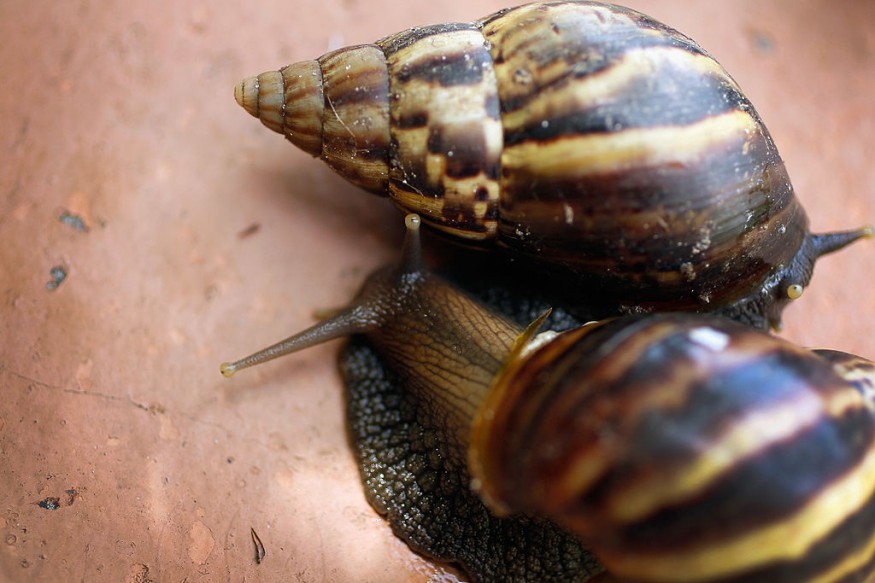The tropical bird 'limpkins' can help reduce the emergence of invasive snails and mussels in Illinois and parts of the US. Invasive species can pose significant threats to ecosystems and native animals in the country.
Invasive species, like mussels and snails, can impact the biodiversity and existence of native animals. They can grow or reproduce quickly, causing economic and environmental impacts.
For instance, Zebra mussels can cause boat dangers by attaching themselves to engines or motors. In addition, they can overwhelm and outcompete native mussels, affecting the local food webs and lakes health.
Rare Tropical Birds 'Limpkins in Illinois

As a result, the biocontrol of birds can control and maintain balance in the emergence of invasive species in the US to prevent potential ecological impacts.
In a recent report, people spotted tropical birds limpskins in Illinois. Limpskins consume mussels and snails by removing them from their shells. The invasive species has become a potential food source for tropical birds.
Limpkins are recognizable by their long bill, long-legged and brown-white appearance, living in freshwater or tropical wetlands. The bird has adapted to eating with their diet, the apple snails.
The tropical bird can grow up to 71 centimeters long. Other than snails, they consume mussels and worms. The bird is mainly seen in Southern Georgia and Florida. They also thrive in parts of Mexico, the Caribbean and South America.
In addition, the limpkin is also spotted in parts of Louisiana, Alabama, Carolina, Georgia, Indiana, Ohio, Wisconsin, Iowa, Michigan and Missouri.
In Illinois, the first sighting of the said tropical bird was in 2019. According to avian ecologist Mike Ward, limpkins are challenging to see.
The reports highlighted that climate change could be a factor, especially since the bird is considered non-migratory. However, the introduction to the emergence of invasive species might have attracted tropical birds.
The emergence of invasive snails can likely become appetizing for tropical birds to visit for better food sources or habitats. The arrival of limpkins can help maintain the invasive species, especially the non-native snails and mussels.
Also Read : Underwater Shipwrecks in Ontario Deteriorate Due to Invasive Mussels, Climate Change Effects
Impacts of invasive species in Ontario's Great Lakes
Recently, NWN reported the impacts of invasive mussels on the iconic shipwrecks in Ontario's Great Lakes.
The shipwrecks in the area are a vital heritage site, considering that the wrecks could date back about the 17th century. However, the invasive mussels can significantly damage the preservation of underwater ships, exacerbated by climate change.
In addition, the invasive mussels can attach themselves to the shipwrecks' wood or metals. It has been shown to reduce the preservation or lifespan of the ship.
As a result, experts urged protecting the shipwrecks from the invasive mussels.
Related Article : Atlantic Puffin in Canada: Starvation, Ocean Warming Threatened Rare Seabird Populations
For more similar stories, don't forget to follow Nature World News.
© 2026 NatureWorldNews.com All rights reserved. Do not reproduce without permission.





